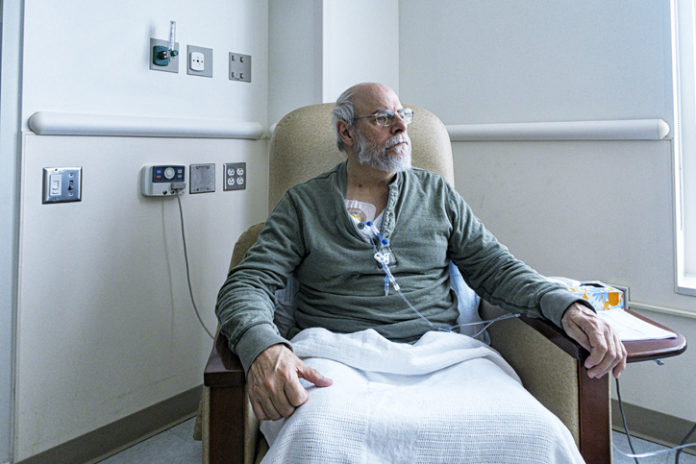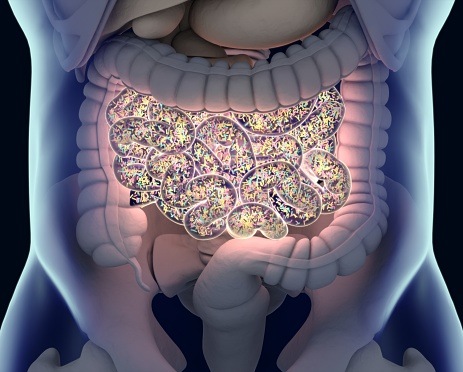In a clinical trial, published in Nutrients, researchers investigated the potential of prebiotic galactooligosaccharide (GOS) in improving colonic inflammation in patients with ulcerative colitis (UC). The trial’s lead author, Bridgette Wilson, PhD, reported that prebiotics did not improve inflammation or clinical stools, but did normalize stools in participants.
Dr. Wilson acknowledged that the trial’s results did not support use of GOS in clinical practice. However, the observation that the treatment potentially improved stool characteristics without worsening UC symptoms was a “clinically relevant finding for a patient group that frequently suffers these debilitating symptoms,” Dr. Wilson said.
Seventeen patients with active ulcerative colitis (UC) received 2.8 g GOS each day for six weeks. The trial measured gene expression, fecal calprotectin, microbiota, and short-chain fatty acids (SCFAs), as well as clinical outcomes including simple clinical colitis activity index (SCCAI), gastrointestinal symptom rating scale (GSRS), and Bristol stool form scale (BSFS).
The treatment did not produce changes in SCCAI, fecal calprotectin, SCFAs, and pH; seven genes showed minor expression changes, two of which may be related to regulating bacteria-induced inflammation. At week six, participants’ normal stool proportion, scored via BSFS, had increased from 49% to 70% (P = 0.024). Further, reductions were seen in incidence (46% vs. 23%, P = 0.016) and severity (0.7 vs. 0.5, P = 0.048) of loose stool, scored via GSRS, as well as patients’ SCCAI urgency scores (1.0 vs. 0.5, p = 0.011). In those with a baseline SCCAI of 2 or less, prebiotics increased the relative abundance of Bifidobacterium from 1.65% to 3.99% (P = 0.046) and Christensenellaceae from 0.13% to 0.31% (P = 0.043).
Two major limitations of the study were the small sample size and the lack of a control group. According to the article, the researchers instead elected to administer the active intervention to as many enrolled patients as possible to test exploratory outcomes.
The authors suggested that the increase of Bifidobacterium and Christensenellaceae proportions in patients with less active diseases indicated that the prebiotic effect may depend on disease activity.
Ultimately, while potential clinical benefits of GOS supplementation were inconclusive, the authors advanced that “future placebo-controlled research would allow greater understanding of how prebiotics may affect clinical symptoms and alter inflammatory pathways in gastrointestinal inflammation.”
Source: Nutrients https://www.mdpi.com/2072-6643/13/10/3598/htm









